Back to the Future! As Marc Jenni Re-Invents the Winding Crown!

There are a few conventions in watchmaking that have existed for centuries. One is that all-mechanical watches need a crown for winding and setting. Marc Jenni didn’t see it quite that way and found a ‘lateral’ solution to a circular problem.
Sometimes in life it’s easier to just go with the flow and accept things for what and how they are. To fall back on tradition! Then again, sometimes it’s just plain BETTER to go against the grain! (Who says the world HAS TO BE flat? Who says desert has to come AFTER dinner?) Who says that a mechanical watch has to have a crown and stem for winding and setting?
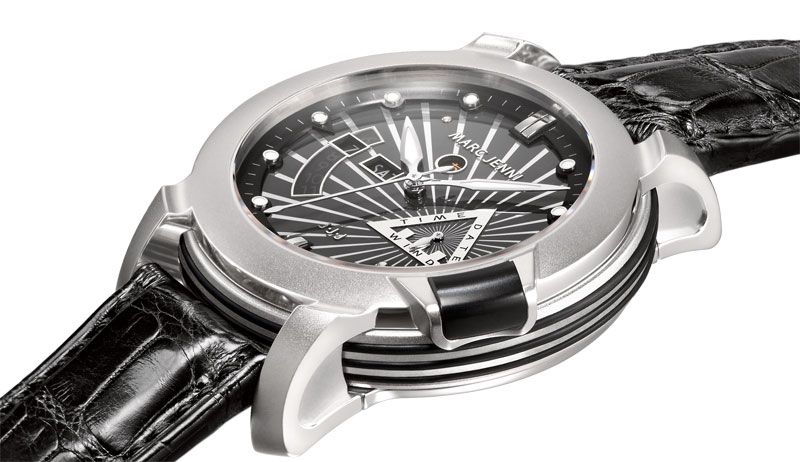
If you think about the winding crown, it’s a bit of an arcane thing! For reasons of water pressure and dust, it has to be sealed multiple times – otherwise you leave your device open to the elements. For security reasons it has to be bolstered with heavy ‘shoulders’ to make sure that you don’t tear the thing OFF by accidentally jarring your wrist against a door-jam! Depending on which side of the case you mount it to, either right OR left-handed people will find it uncomfortable to wear… You would have thought the natural selection of design would have winnowed off the line of crown-baring watches centuries ago! But instead it is as much a part of the standard wrist or pocket watch as the dial!
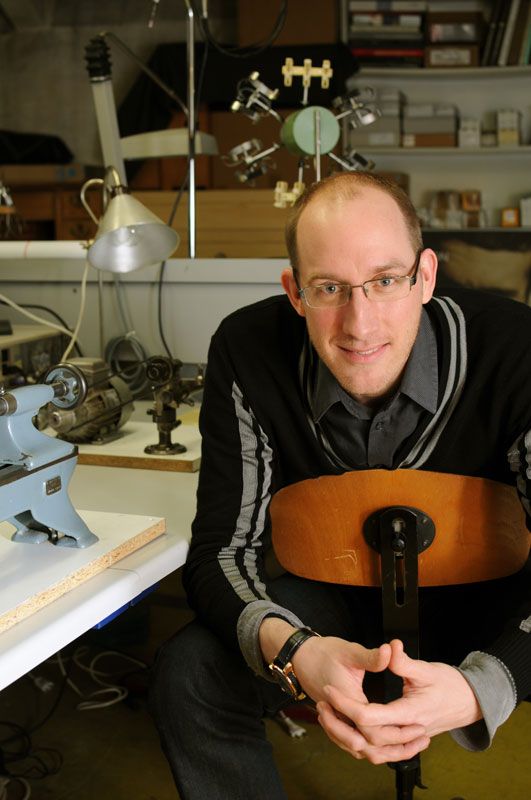
Marc Jenni (first featured in Monochrome.nl here!) did not see the necessity for a crown and a stem – so he built a watch without them! And in so doing he has established himself as one of the youngest and most exciting stars in the AHCI constellation!
By way of a little history, Marc Jenni’s history as a watchmaker goes back about 250 years to Glarus, Switzerland… er, rather I mean to say that Jenni can trace his ancestry in the industry all the way back to his great uncle Johan Jacob Jenny (of note is that Jenny – like Jenni – had a unique way of looking at things, creating pocket watches with beautiful and clever ways of expressing the day and date!) Marc Jenni became a modern watchmaker about a dozen years ago – working with some of the most highly prized names in ‘name brand’ jewelry – creating ultra complicated pieces for Tiffany and Co. as well as one of the stalwart names of independent watchmaking – Paul Gerber (who is also responsible for the legendary MIH Watch).
Since 2010, Jenni and partner Vincent Mafé have worked to create their novel and beautiful watches. The first line of watches to be equipped with the case enveloping winding/setting ring was the ‘Prologue.’ Based on a modified 22 jewel ETA ebauche, the watch was the first to feature the, now trade mark push-button at 4 o’clock and ring. The push-button functions to allow the wearer to select from Winding mode, (hack style) Setting mode and Date mode. You simply select which of the three modes you want, and then use the smooth and tactilly satisfying to use ring to wind the barrels, set the time or modify the date. (A triangular display between 3 and 4 o’clock indicates which function is selected.)
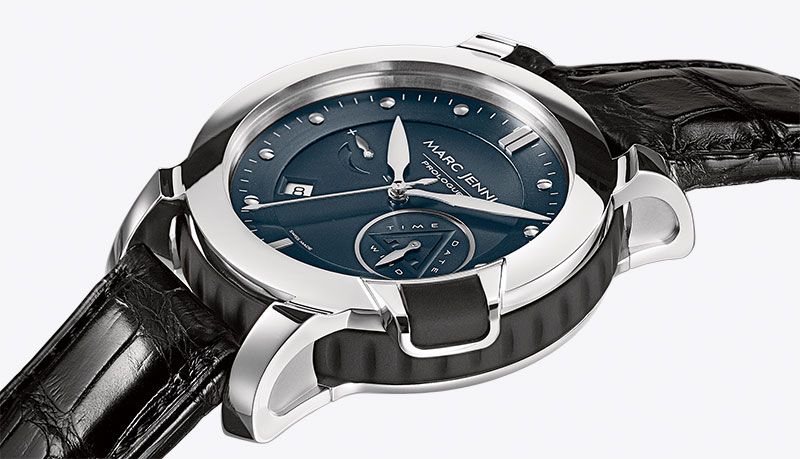
While the obvious highlight of the Prologue is the winding-crown, or rather, the LACK of a winding crown, the hefty 44mm, multi-piece case assembly is very visually appealing. As is the dial – with power-reserve indicator and date – featuring stunning dagger style hands. The overall stylistic effect is that of something that is futuristic, but somehow ancient at the same time. I’m sorry to contradict myself so easily, but it is tough to describe in words… imagine what it would be like to write in hieroglyphs today – but to only find those writings thousands of years in the future! The dial appears to be symbolic of something – but instead of a crudely hewn stone or roughly chiseled tableau, the dial of a Marc Jenni watch is eerily perfect; as though it weren’t so much ‘made’ as it just sort of appeared at the base of a laser light from outer space! THAT is how the dials appear to me.
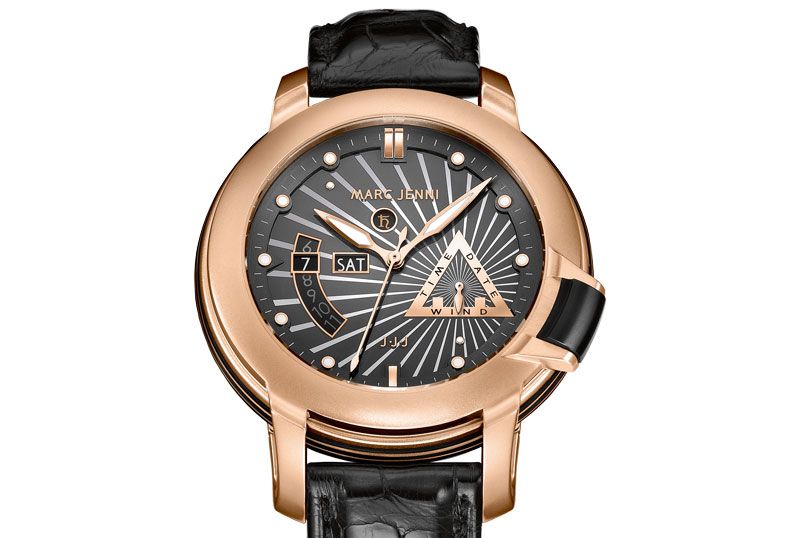
??The “JJJ” (a tribute to great uncle Johan Jacob Jenny) and the more feminine ‘Arch’ (see below) also feature the push-button selector at ‘4 and the firm, smooth turning case-wide ring. While the Arch still uses the highly modified ebauche movement, the JJJ (pictured above) carries an entirely in-house power-plant. While the Arch has a ‘simple’ dial with only date, power-reserve and the triangular indicator, the JJJ has a rather more elaborate dial with all those same features, but includes day and date in place of just the date. The JJJ has something more though… on the dial, just above the column for the hands of the dial there is a mysterious oculus. The oculus displays the ancient astronomical symbols for the planets representing each of the days of the week! This whimsical feature is another nod back to great uncle Johan – whose own pocket watches in the 18th and 19th centuries bore the same markings!
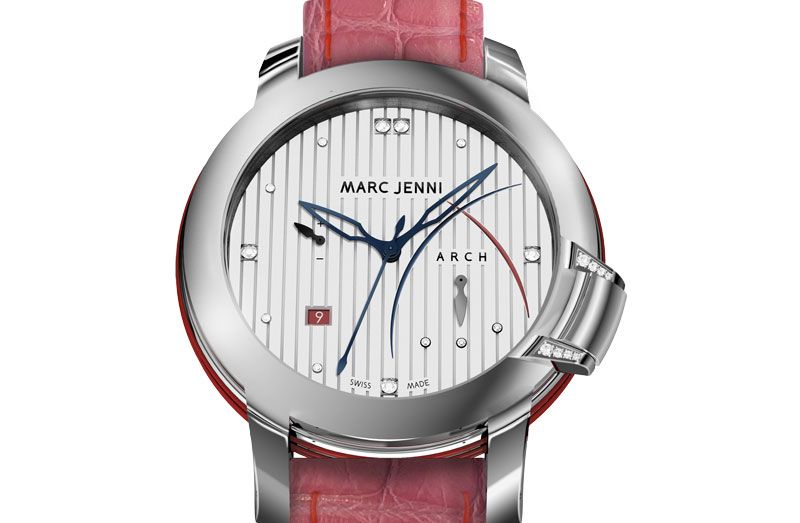
It is in parts paradoxical and fitting that Marc Jenni would choose to look BACK two centuries to find inspiration for his futuristic looking and functioning horological masterpieces. The paradox is that the industry that exists today has the benefit of all the precedents that have already been set and all of the technological advancements that make the construction of a standard timekeeping instrument somewhat simple. Yet it is fitting in the respect that looking back so far into the history of watchmaking (and his family’s history in the business) automatically takes him back to an age when the rules were still being written – and therefore it was much easier to be shocking.
Perhaps if Marc Jenni had lived two centuries ago we would have never grown accustomed to those pesky and protruding winding crowns in the first place!
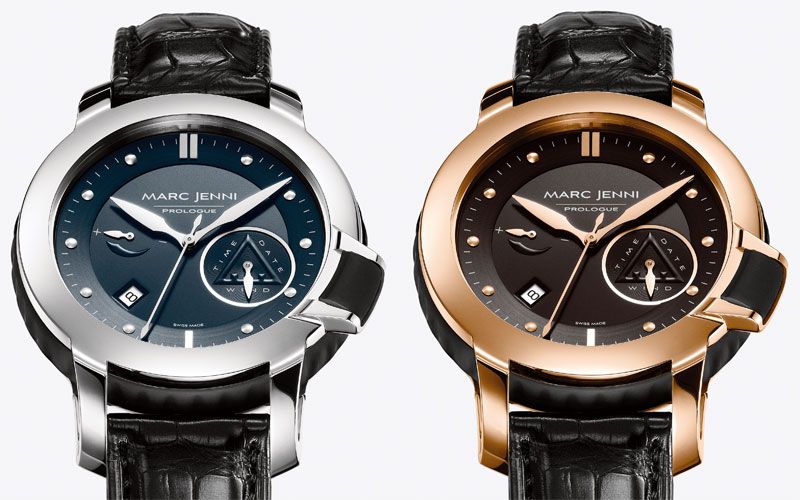
Here’s a link to Marc Jenni’s website and you can also follow Marc on Facebook, where he posts much of his work in the atelier!
This article is written by Mario Squillacioti, contributing writer for Monochrome-Watches.

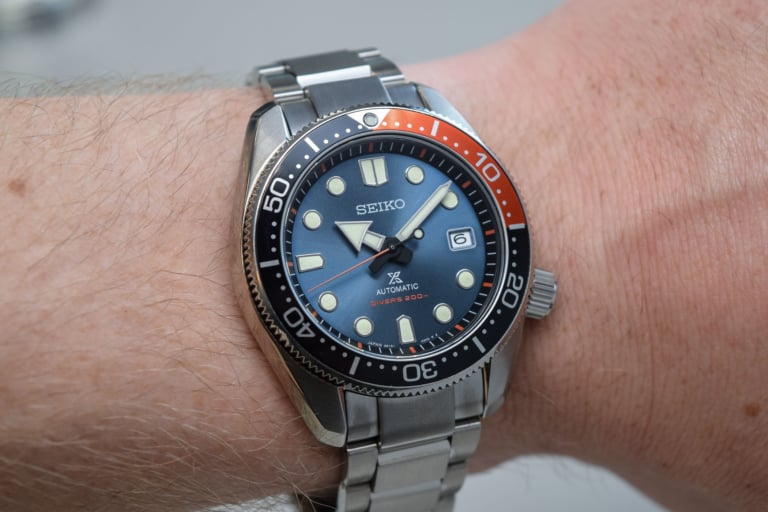
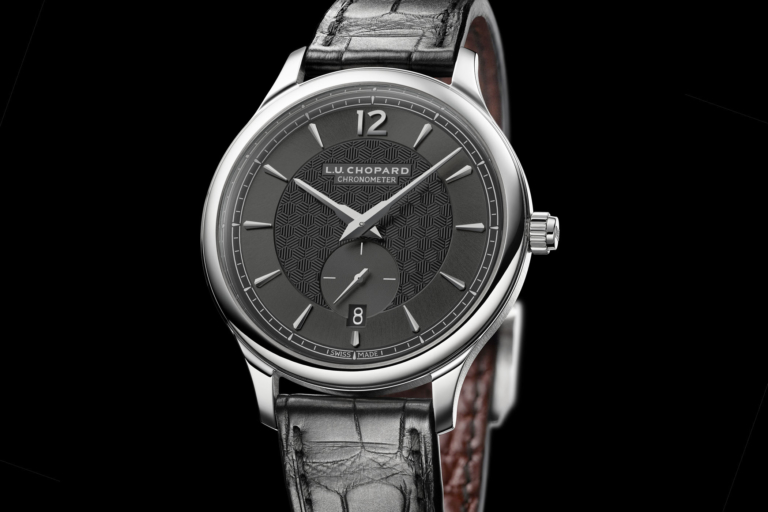
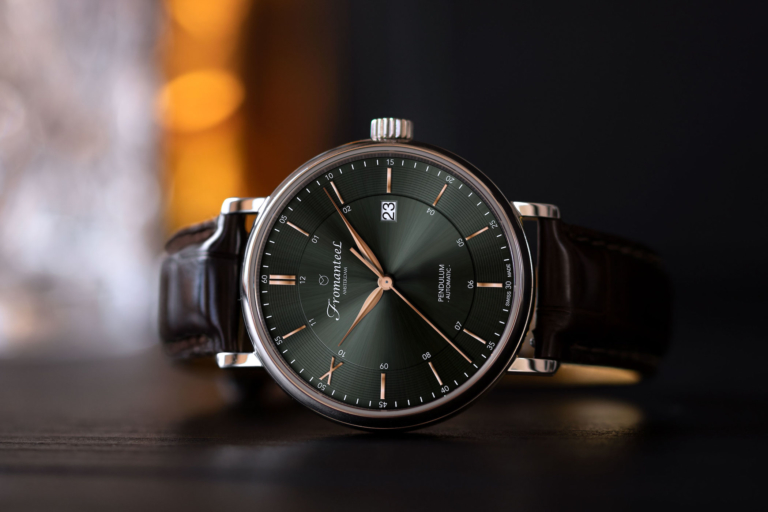
1 response
Genius!